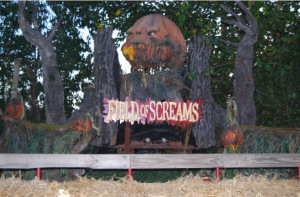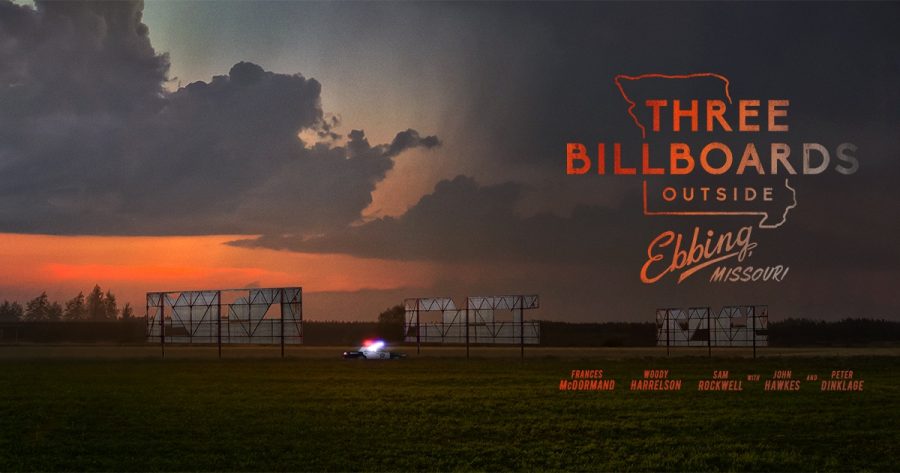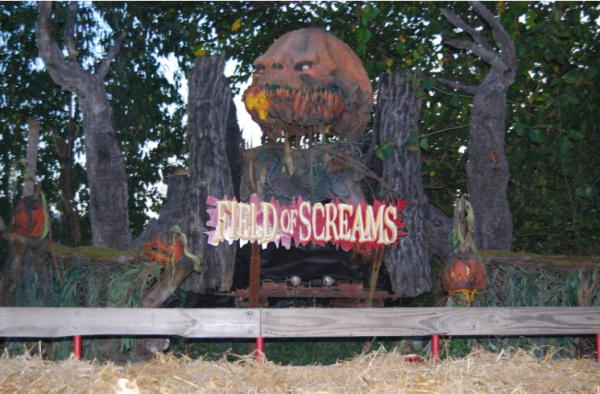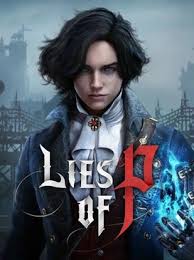Three Billboards a Deep Film with Twists and Turns
Films about a wrongful death are often predictable — with an obvious victim and bad guy, and a standard moral lesson about justice or injustice. That’s why Three Billboards Outside Ebbing, Missouri is such a breath of fresh air. An angry, rallying cry of a film, it asks the audience to stand against the establishment, while also asking it to be lenient with it.
The film is set months after the unsolved killing of Mildred Hayes’ daughter on a desolate Missouri highway, and Mildred is angry. Deciding to take matters into her own hands, she rents out three billboards taking aim at Police Chief William Willoughby. What follows is a battle between cops and an angry woman, both of whom feel they are doing the right thing.
Hayes, played by Frances McDormand, is the human embodiment of anger. She is a woman so broken by the death of her daughter that the audience automatically feels for her. The dilemma here is, she is no way written as a sympathetic character. She alienates her son, curses out a priest and leads a man to extremes. As more of her character is revealed, she alienates and draws the audience closer simultaneously.
Rounding out the film’s emotional core is Chief Willoughby, played by Woody Harrelson, the head of police for Ebbing, Missouri. He, too, starts off as a one-dimensional character, the bad guy who refuses to help people in need –standard “bad cop” found in 80’s cop shows. But then, the movie starts to build him up with a family he loves and a completely viable reason why the cops cannot find the killer. He ends up coming off as a punching bag for a woman’s aggression at points and gets the most touching scene in the film.
Dixon, Willoughby’s racist second-in-command (played by Sam Shepard), also seems one-dimensional at first — a generic racist. He tortures people of color and makes derogatory statements towards gays. But halfway through though, he goes from being a jerk to being almost sympathetic as his background is revealed. His character is a bit like Mildred, in that he takes his bottled up anger and aggression out on people who don’t deserve it. And he eventually realizes that.
Martin McDonagh directs, writes, and helps produce the film, and he brings a sharp wit to it. The stagnant movement of the camera, and the deliberate boringness of the shots help to ground the film in the dusty, grimy small town in Missouri. But for all the blandness of the camera, the writing does not suffer. The dialogue hits hard — at times snappy and funny, then depressing and heart wrenching. The writing is paradoxical – just like the film’s characters — revealing the complexity of humanity.

Christopher is an 11th grader in the Journalism class. Writing is a big part of his life. He enjoys reading and messing around with written language....





















